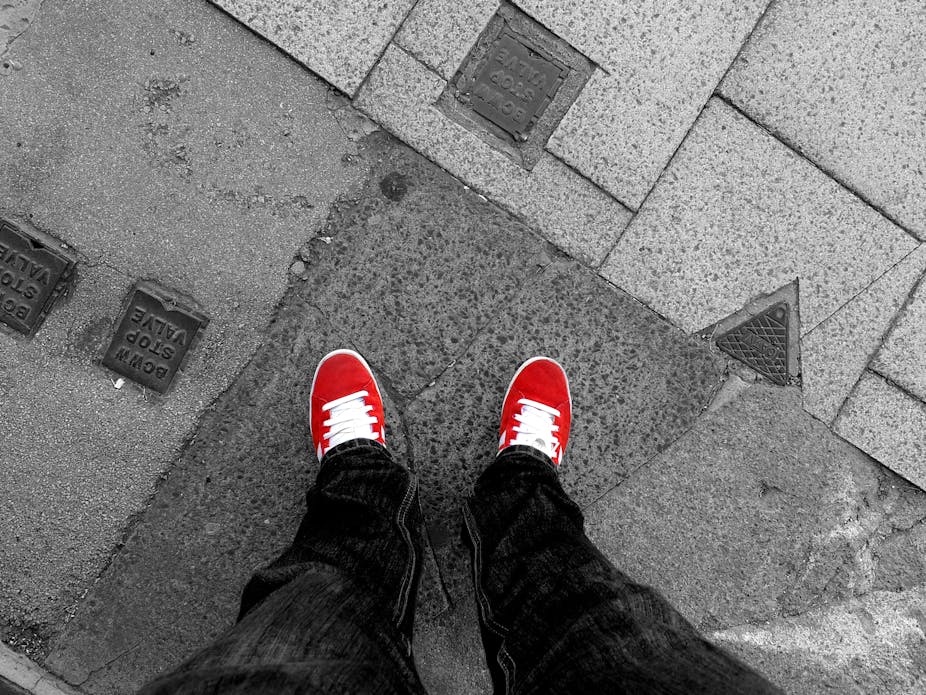Referrals to the British government’s deradicalisation programme Channel are on the rise, it has been reported. The Channel programme was imposed on all local authorities in England and Wales as part of the 2015 Counter-Terrorism and Security Act and 796 people were referred between June and August alone. Given the way it operates, we should be very concerned that so many people are being sucked into its path.
When a young person is thought to be at risk of being drawn into terrorism, they are referred to a panel made up of the local chief of police and members of local agencies such as health and social services. Individuals who “come into contact with vulnerable people” and believe they are at risk of radicalisation can refer them to the panel.
The panel discusses the young person and exchanges information about them without their knowledge and prepares a plan to help them avoid becoming involved in terrorist activities. If they don’t agree to participate, they may face further intervention from the authorities.
As a qualified social worker, I have raised my concerns about conflating anti-radicalism and child protection in this way. But I also have concerns about the packages of “support” on offer through the Channel Programme. These are a rag-bag of quasi-therapeutic interventions that have little coherence or any indication of how standards of professional expertise will be ensured.
Young people identified as vulnerable will be offered one or more of the following: life skills, anger management, cognitive behavioural therapies, constructive pursuits, education skills, careers contact, family support, health awareness, housing support and drug and alcohol awareness.
Many of these services – such as careers and health advice – should be made available to all young people as standard anyway. Many of the others, such as cognitive and behavioural therapies, have the potential to cause enormous damage if their provision is not properly regulated and supervised.
Of course it is a tragedy when young people leave their families to join extremist groups, believing they are contributing towards the creation of a better world. It is a tragedy because their naïve belief will be shattered almost as soon as they arrive. There will be no way back, not least because they will be labelled a “terrorist” by their own country.
But the Channel programme will not persuade these young people that they can contribute towards a better world by staying at home.
Merely describing interventions into the lives of young and vulnerable people as “support” and “protection” doesn’t automatically make them so. The strategy for preventing the “radicalisation” of young Muslims disregards much of what we already know about how to discourage young people from getting involved in violent and dangerous activities.
Troubles in mind
Anyone who has worked with young people knows it is counterproductive to engage in a strategy that is unjust and unfair. Surely we can remember the Troubles in Northern Ireland and recognise how young people were radicalised there. It was easy for fragmented, chaotic and out-of-control groups to promote violence because nobody on the other side of the conflict was acknowledging the reasons behind it – at least until Mo Mowlam turned up. Silencing the voice of Gerry Adams achieved nothing.
A study on growing up in Northern Ireland revealed as much. Young people romanticised the Troubles. Their lives were being damaged by high unemployment and poverty and the level of injustice they experienced created fertile ground for social disengagement and involvement in violent activities.
Young people in Britain today have borne the brunt of the financial crisis: high unemployment, a lack of opportunities and a punitive and hostile welfare system. But also, like young people in Northern Ireland, they are confronted almost daily by images of human tragedies created by the actions of their own country.
The Counter-Terrorism and Security Act is a hastily drafted and badly written piece of legislation. It legitimates an unaccountable level of surveillance that has generated recent scandals, such as the use of undercover policemen to infiltrate campaign groups.
Targeting young people through the Channel programme process also raises grave concerns about civil liberties and legal rights and protections. This offers an ill thought-out list of interventions that are unlikely to be effective and may also cause harm.

